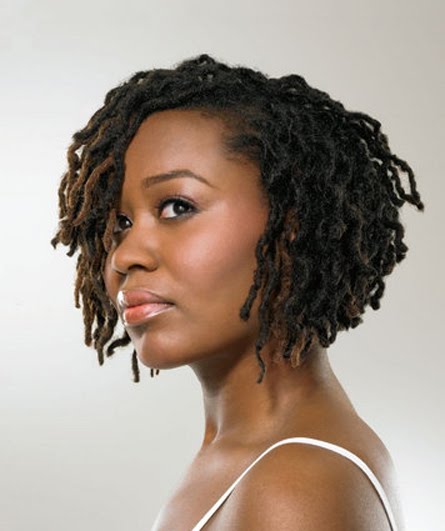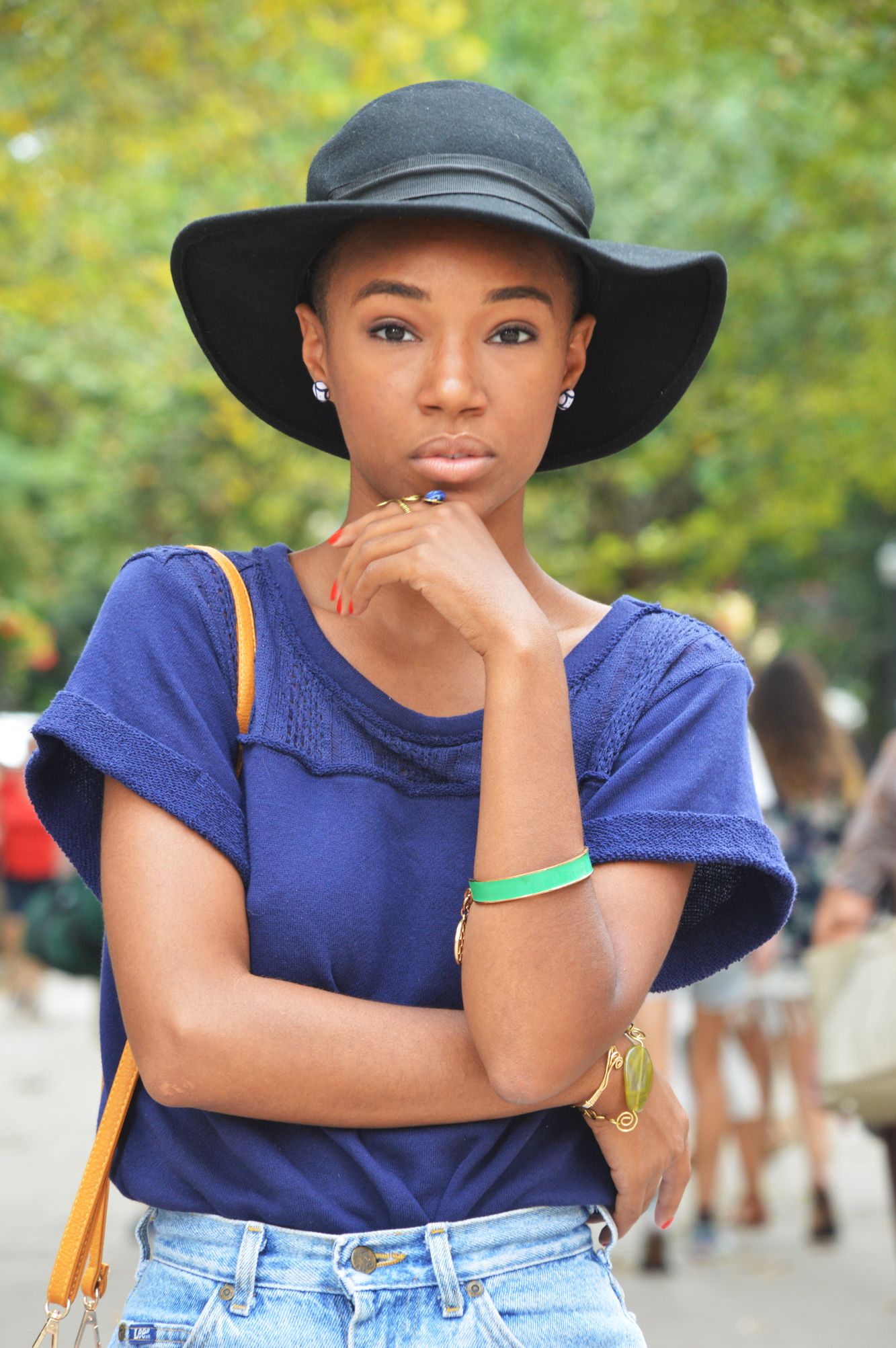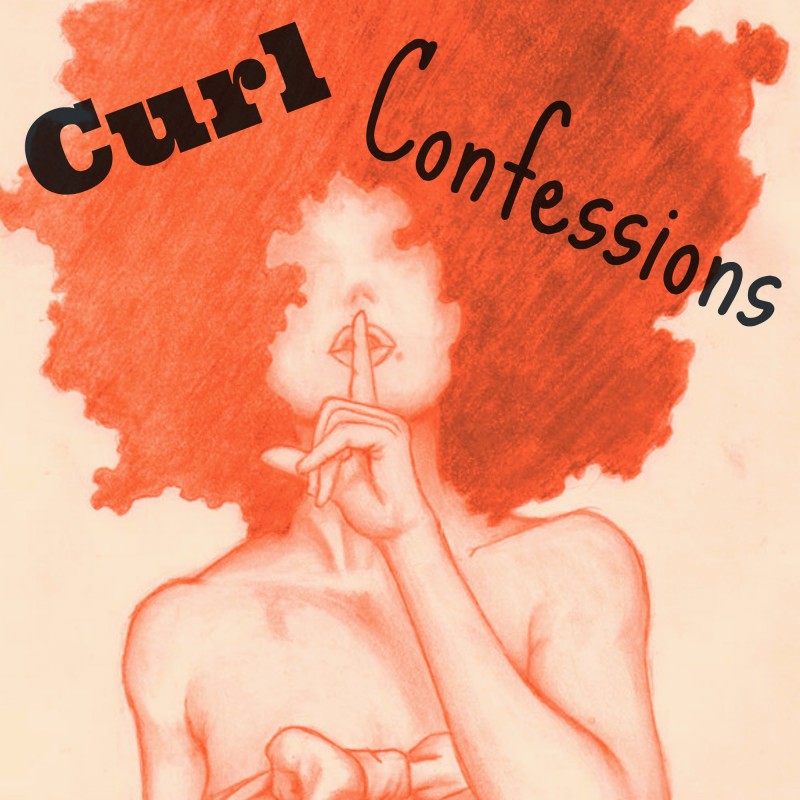Now that OrganixLocs has a new look and focuses on healthy natural hair, I rarely discuss or covered anything pertaining to locs. After reading an article featuring Dr. Kari, trichologist and founder of Mahogany Hair Revolution Salon and Trichology Clinic, on Naturally Curly, it was well worth sharing. If you ever were curious to learn more about caring for locs for yourself or future references (I already know eventually I will loc my fluffy fro) then take a look at what Dr. Kari has to say about what you need to know about locs!
“Know What Products to Use
One highly controversial topic is what to put on your locs. Is wax or another styler ok? Are pure oils better or loc butters? And are there any ingredients to avoid may be some of your questions. Here’s an answer according to Dr. Kari Williams:
“Due to the density of locs, they have the tendency to hold onto a lot of unclean smells and grime. Therefore it’s important to choose products that won’t sit in the hair and create more buildup. Heavy creams, wax (bees wax), alcohol-based gels and hair sprays should be avoided in the maintenance of locs. These products attract dirt and debris and are difficult to remove from the hair. I definitely recommend pure natural oils and butters. These types of products have the ability to penetrate the loc, adding moisture, shine, and increasing the overall health of the loc. Lubricating locs on a regular basis is very important because the ends of the locs are the oldest parts of the hair and includes strands that are no longer connected to the scalp. Without regular lubrication, the ends of the locs can become excessively dry and begin to break off. I have created two (2) revitalizing oils to address the hair and scalp needs of my clients: Ann Carol Coconut Lavender Oil and Ann Carol Peppermint Chamomile Oil. My new blend of natural and essential oils keep locs well lubricated, help to prevent dryness and breakage of the loc, and also helps to balance out the pH of the scalp.”
Know Whether to Cleanse or Not to Cleanse
Equally questionable is the ability to shampoo or cleanse locs and the scalp during start up and post startup. Dr. Williams chimes in to answer this concern.
“Yes! Please keep your hair clean while locking. If you do not regularly remove the dirt and build up that accumulates in the hair overtime, it will become embedded in the loc. This is why I am a big fan of the interlocking method. It is ideal for individuals who have an active lifestyle or scalp discomfort that requires frequent shampooing. Interlocking allows you to shampoo the hair on a regular basis without the concern of excessive frizzing and the need to re-twist the hair. If you have elected to start your locs with twists, I still encourage regular shampooing. You just may have to make more frequent visits to the salon to make sure your locs do not come undone.”
Know How to Maintain Them
Fresh locs are the best locs. Once the locs have been installed, proper maintenance is key for successful development. Many people in an effort to save money will go months without maintaining their locs and hope that will not cause challenges. Similarly many people attribute locking to low maintenance and do not think it is necessary to tie the hair up. Let’s see what the expert has to say.
“If you are maintaining your locs with interlocking you can go 6-8 weeks between retouch appointments. If you are palm rolling or twisting your locs, I recommend 1-2 times a month. When sleeping, you can simply cover your hair with a bonnet or scarf.”
Locs are another form of the natural hair journey and as you have read above curly fros and locs both have their struggles with maintaining moisture to prevent breakage. Keeping the scalp properly cleansed and hydrated with beneficial oils is need for natural hair overall.
Is there anything new you learned about loc maintaince or have you ever considered locking you hair?



